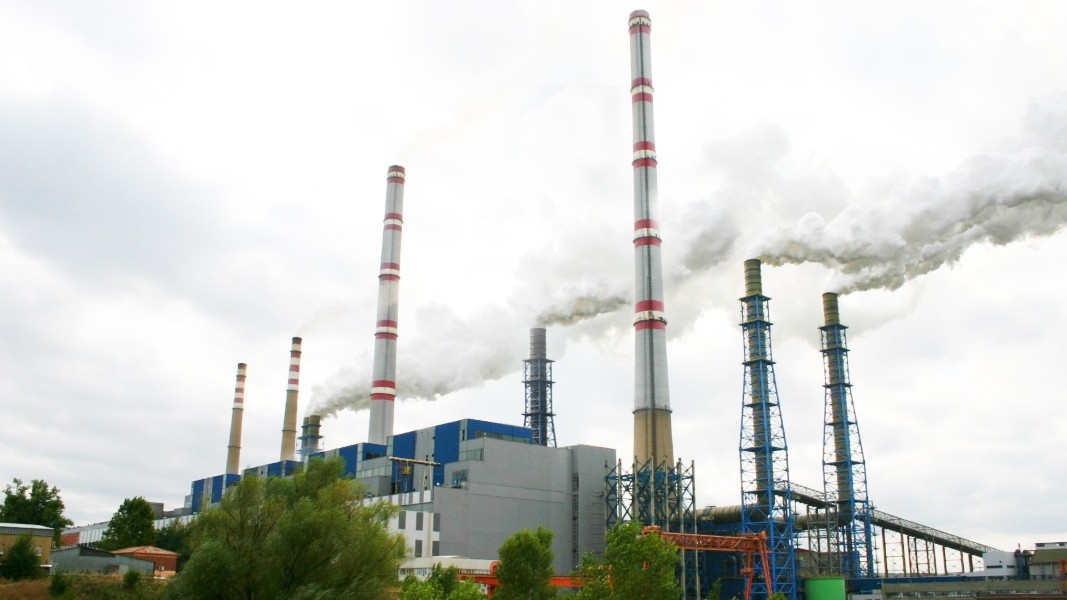Having an economy with zero greenhouse gas emissions by 2050 - this is provided by the European Climate Pact of the EC, related to the desire to stop climate change. The new policy will affect the sectors of the economy that pollute the environment, but also the life of citizens. The energy, transport and agriculture industries expect serious difficulties as they have the greatest contribution to the generation of greenhouse gases. Experts say the green deal does not necessarily lead to the closure of the TPPs, which provide 40% of Bulgaria's energy mix, as they could run on energy sources different than coal, but would certainly affect those employed in coal mining.
"Actually, local authorities are the key figure in the process of transition of the regions to a low-carbon economy," Georgi Stefanov of WWF Bulgaria has told Anna Turlakova of BNR-Stara Zagora. The environmental organization has been supported by 107,000 euros under a special program for Central and Eastern Europe of the German Ministry of Environment and Water. The goal is to prepare a report on the creation of new economic activities and jobs in the coal regions of southwestern and southeastern Bulgaria in the next 2.5 years. The analysis serves as a basis for preparing a plan for a fair transition to clean energy for the three coal-mining regions in Bulgaria - Bobov Dol, Pernik and Stara Zagora. In the autumn of 2021 the fourth meeting of a specialized forum on the topic with the participation of mayors of coal mining regions in 10 European countries will be held in Stara Zagora. It is extremely important for the affected to be directly asked about their concerns and expectations, the environmentalist says.

"This is a successful model - people should express their point of view and it must be taken into account," Stefanov says. He adds that regions in transition should look for economic activities with higher added value, which would lead to even better salaries for people.
Regional plans for a fair transition of coal regions that are being created, have also been discussed at meetings between trade unions and consultants from PricewaterhouseCoopers. Their approval by the EC is expected by the end of September, Ognyan Atanasov, a national consultant at CITUB, said in an interview with Anna Turlakova.
"The presidents of the federations of miners and workers in the energy sphere are happy because when such plans are made, they often remain non-discussed. It is also important that trade unions and local authorities have active participation in these discussions," Atanasov points out.

"Before we talk about re-qualification of people who will come out of the coal mines in the next 15 years, let's first see what we could offer them," the CITUB expert said. According to him, one of the main problems for those employed in the sector is the lack of a clear plan for the future proposed by the government:
“We would not allow job cuts until we understand what is happening. The key is in new technologies and the opportunity for their development in the countries of Central and Eastern Europe. The EC should take this into account and make sure that new technologies come to us, as well. Jobs must be preserved and incomes raised - this is a mandatory part of the transition to a new type of economy."
Compiled by: Miglena Ivanova /based on interviews by BNR-Stara Zagora/
English: Alexander Markov
Photos: BGNES-archiveThe German economy has been shrinking and the government expects a decline of 0.2% of GDP. Some of the main reasons for this include unresolved structural problems related to lack of energy security, excessive bureaucracy and shortage..
After the election for parliament on 27 October, the caretaker government has to submit a draft of a budget for 2025 to parliament by the end of the month. Some economic analysts say the budget of the country for 2024 is the worst in the past decade. Holes..
Bulgaria's economy will grow by 2.3 per cent this year. This is according to the latest World Economic Outlook prepared by the International Monetary Fund and presented today in Washington. This is down from the Fund's April estimate, which predicted that..
The Russian state oil company Lukoil has plans to sell its Bulgarian refinery Neftochim based in Burgas on the Black Sea Coast. It is the largest in the..

+359 2 9336 661
